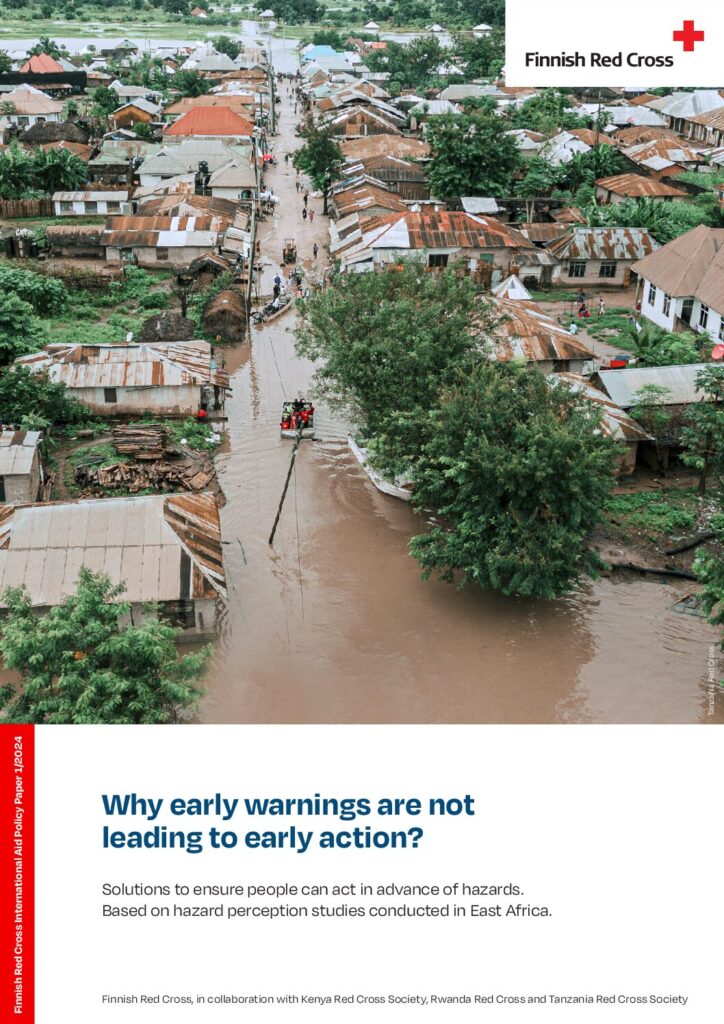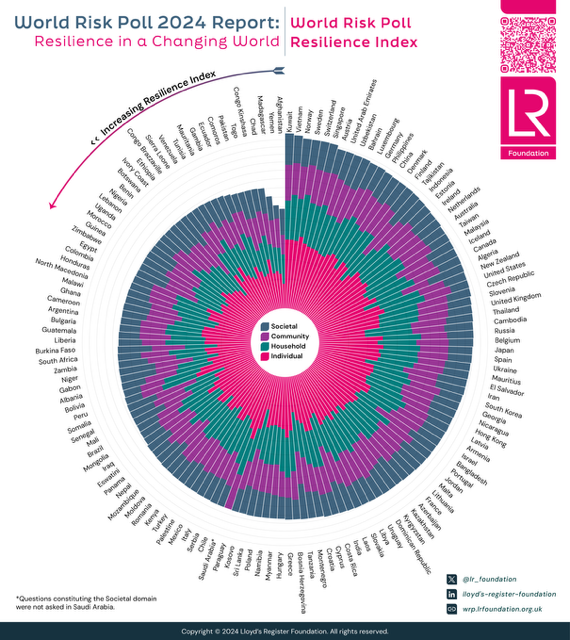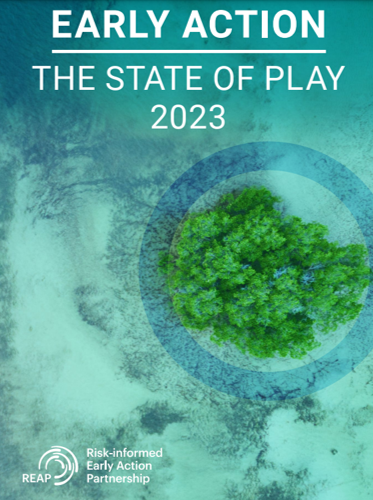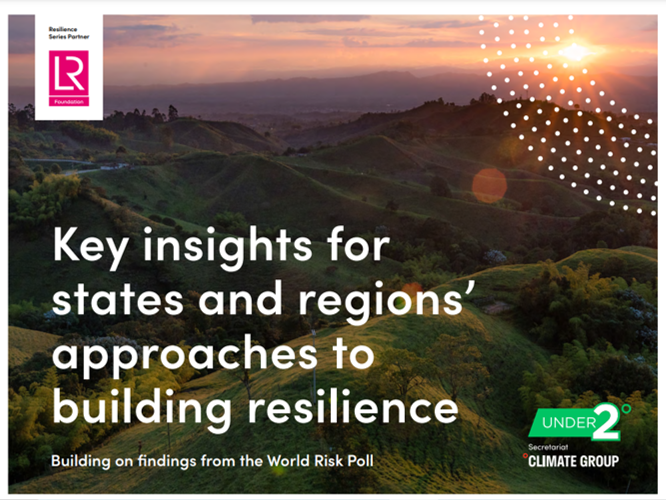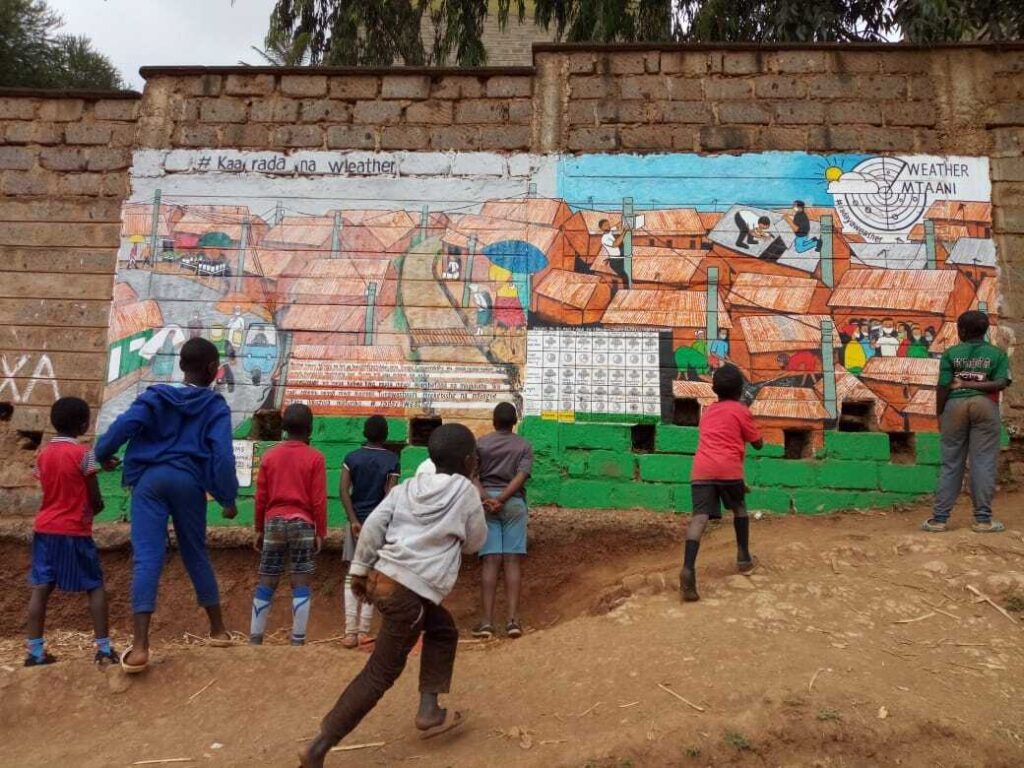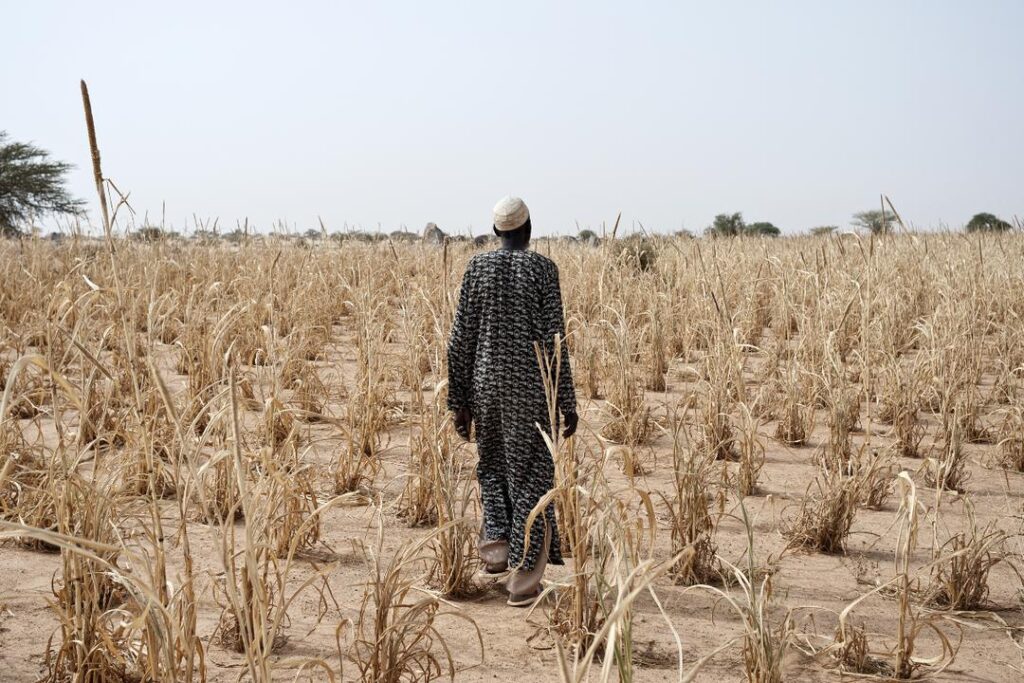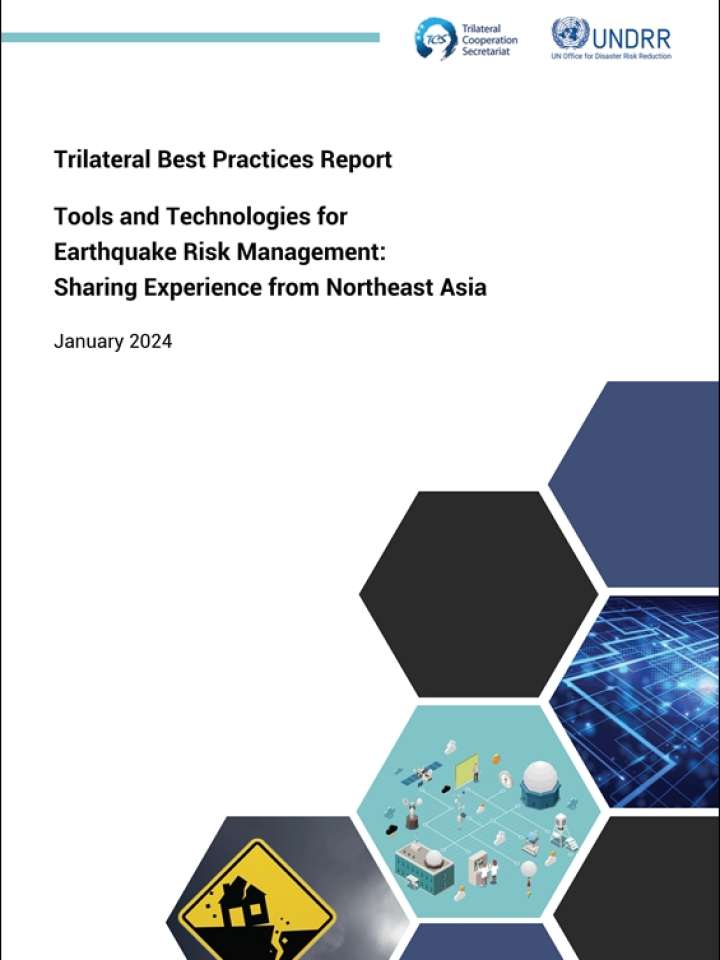Why early warnings are not leading to early action?
The frequency and intensity of extreme weather events such as floods and landslides are increasing due to climate change. More accurate information is available from scientific sources, including through meteorological agencies, on weather events and potential future hazards. This information is vital for early warning systems, which are effective ways to protect people, livelihoods and […]
Why early warnings are not leading to early action? Read More »

